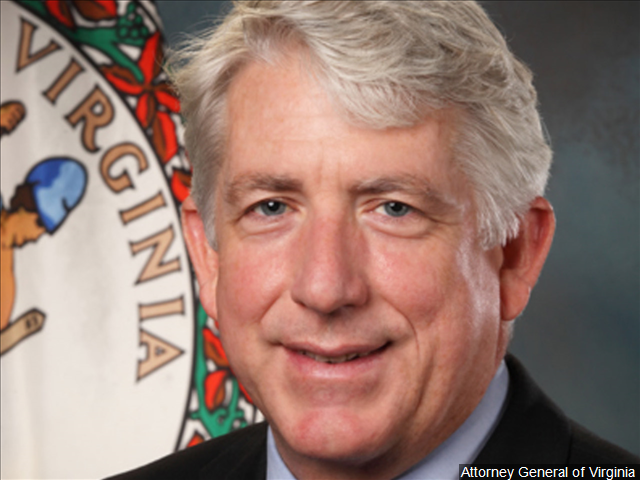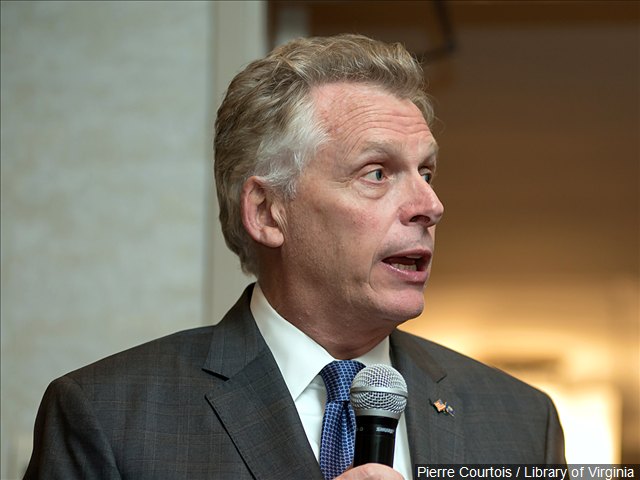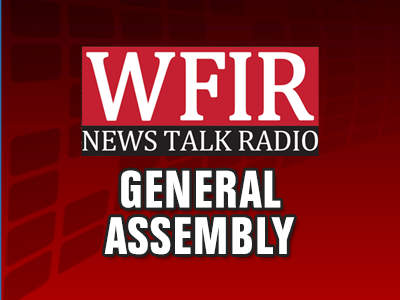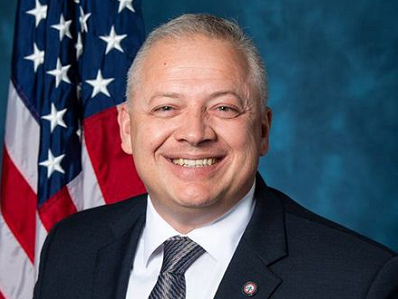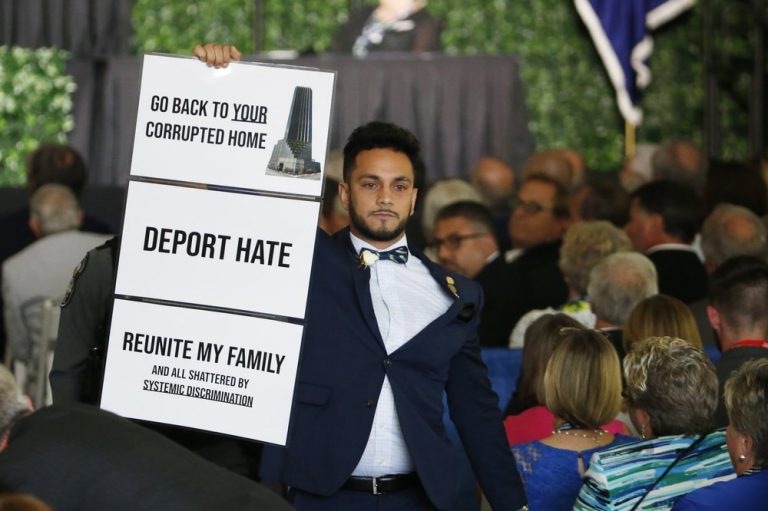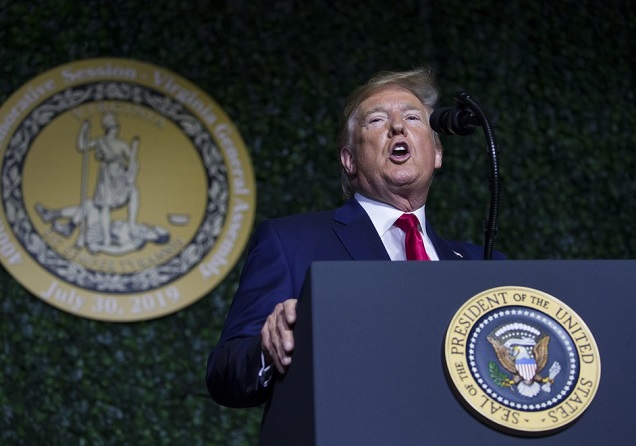RICHMOND, Va. (AP) — Virginia Attorney General Mark Herring says heavily armed private militias could be in...
State and National Government
Virginia’s former Democratic Governor says he has concerns regarding election security ahead of the 2020 Presidential election....
RICHMOND, Va. (AP) – The largest LGBTQ-rights organization in the U.S. says it’s planning to invest heavily...
The Trump Administration is continuing to defend itself against accusations against a proposed immigration rule which opponents...
Attorney General Mark Herring has filed suit to block the Environmental Protection Agency’s Affordable Clean Energy rule....
5th District Congressman Denver Riggleman has responded after some Republican committee members tried to censure him for...
Democrats in Virginia are pointing to the mass shootings in El Paso and Dayton as reasons to...
RICHMOND, Va. (AP) – The Virginia State Board of Elections has rejected an effort to put a...
The worldwide economic fall-out from Brexit is hard to predict without a deal between the U.K and...
RICHMOND, Va. (AP) – Virginia’s attorney general has decided not to appeal a ruling that struck down...
RICHMOND, Va. (AP) _ Virginia election officials have denied a belated request to put a GOP lawmaker...
JAMESTOWN, Va. (AP) — President Donald Trump’ speech in Jamestown marking the 400th anniversary of the rise...
President Trump says what Virginia started 400 years ago has had a profound impact opn the entire...
A Virginia Tech professor says there aren’t that many similarities between President Donald Trump and new British...
BOONES MILL, Va. (AP) — A group of Republicans tried but failed to censure a GOP congressman...

